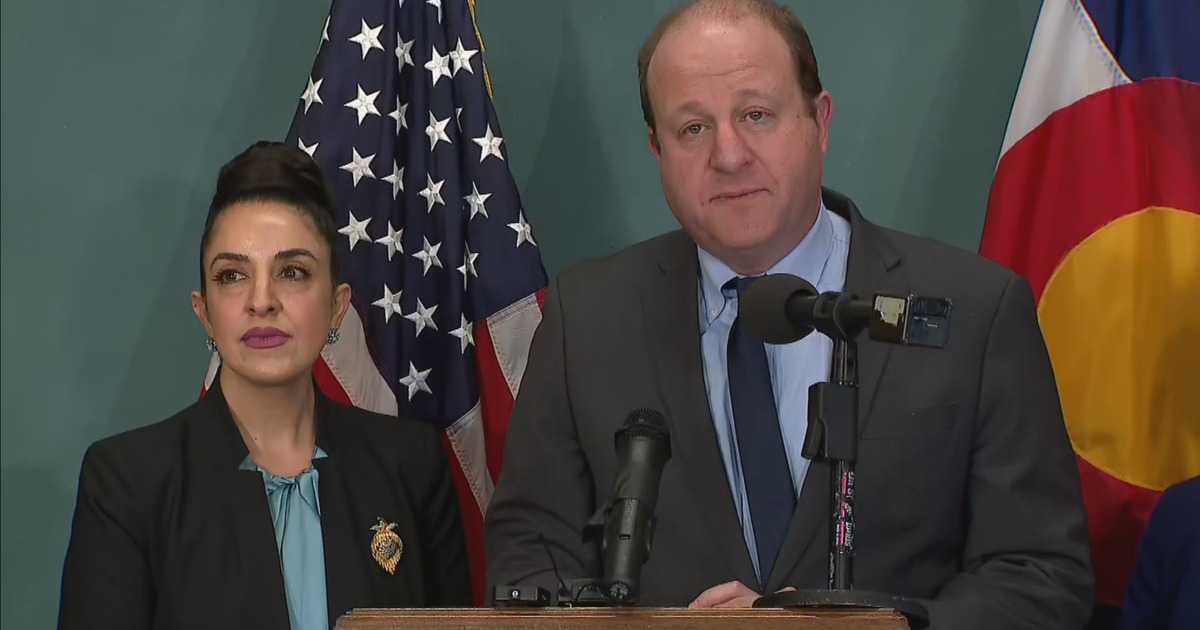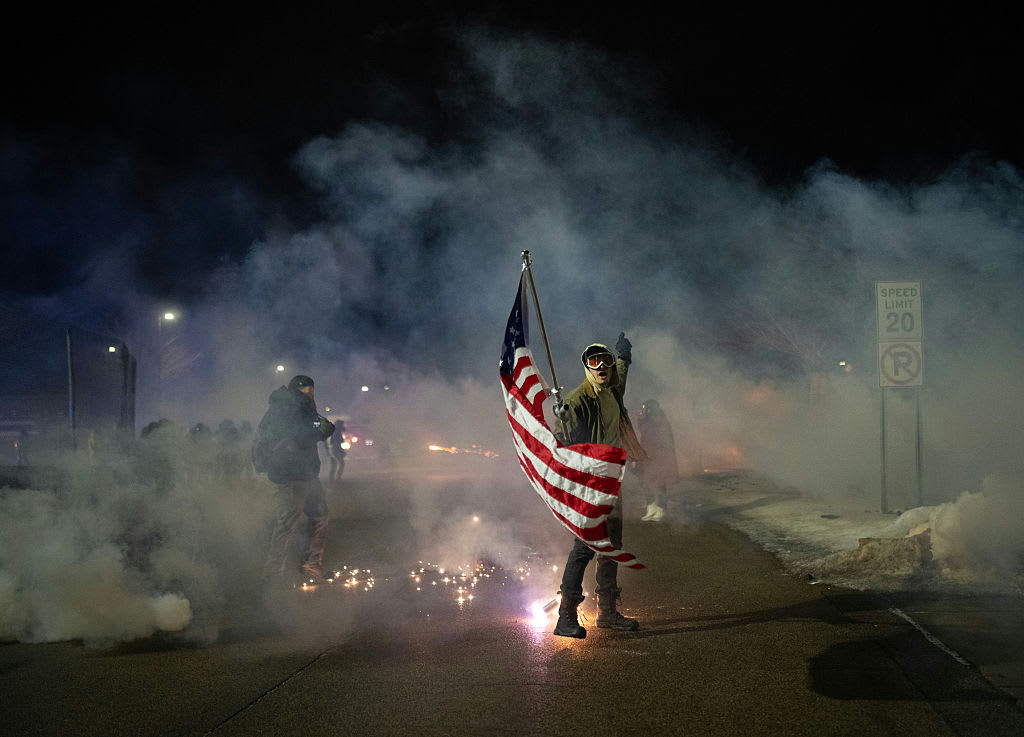Rape victims not "mentally incapacitated" if they got drunk on their own, Minnesota Supreme Court rules
A person who is sexually assaulted while intoxicated does not fit the designation for a more serious charge if he or she consumed the alcohol or drugs voluntarily, the Minnesota Supreme Court said in a ruling released Wednesday.
The opinion stems from the case of Francois Momulu Khalil, a Minneapolis man who was convicted of third-degree criminal sexual misconduct because the victim was drunk and considered by the jury to be "mentally incapacitated." The woman met Khalil after she was refused entry to a bar because she was too intoxicated.
In a unanimous decision written by Justice Paul Thissen, the state Supreme Court said the lower court's definition of mentally incapacitated in this case "unreasonably strains and stretches the plain text of the statute" because the victim was drunk before she met her attacker. To meet the definition, the alcohol must be administered to the person under its influence without that person's agreement, the high court ruled.
Some are worried about the ruling's ramifications. Democratic state Rep. Kelly Moller said it shows the urgent need to update the state's criminal sexual conduct statute, including by closing what she calls the intoxication loophole. She has introduced a bill to amend the statute.
"Victims who are intoxicated to the degree that they are unable to give consent are entitled to justice," Moller said. "Minnesotans who experience unthinkable trauma deserve to see the Legislature take action on this immediately."
Background in the opinion states that "nearly half of all women in the United States have been the victim of sexual violence in their lifetime - including an estimated 10 million women who have been raped while under the influence of alcohol or drugs."
The justices granted a new trial for Khalil. His attorney declined to comment on the decision.




